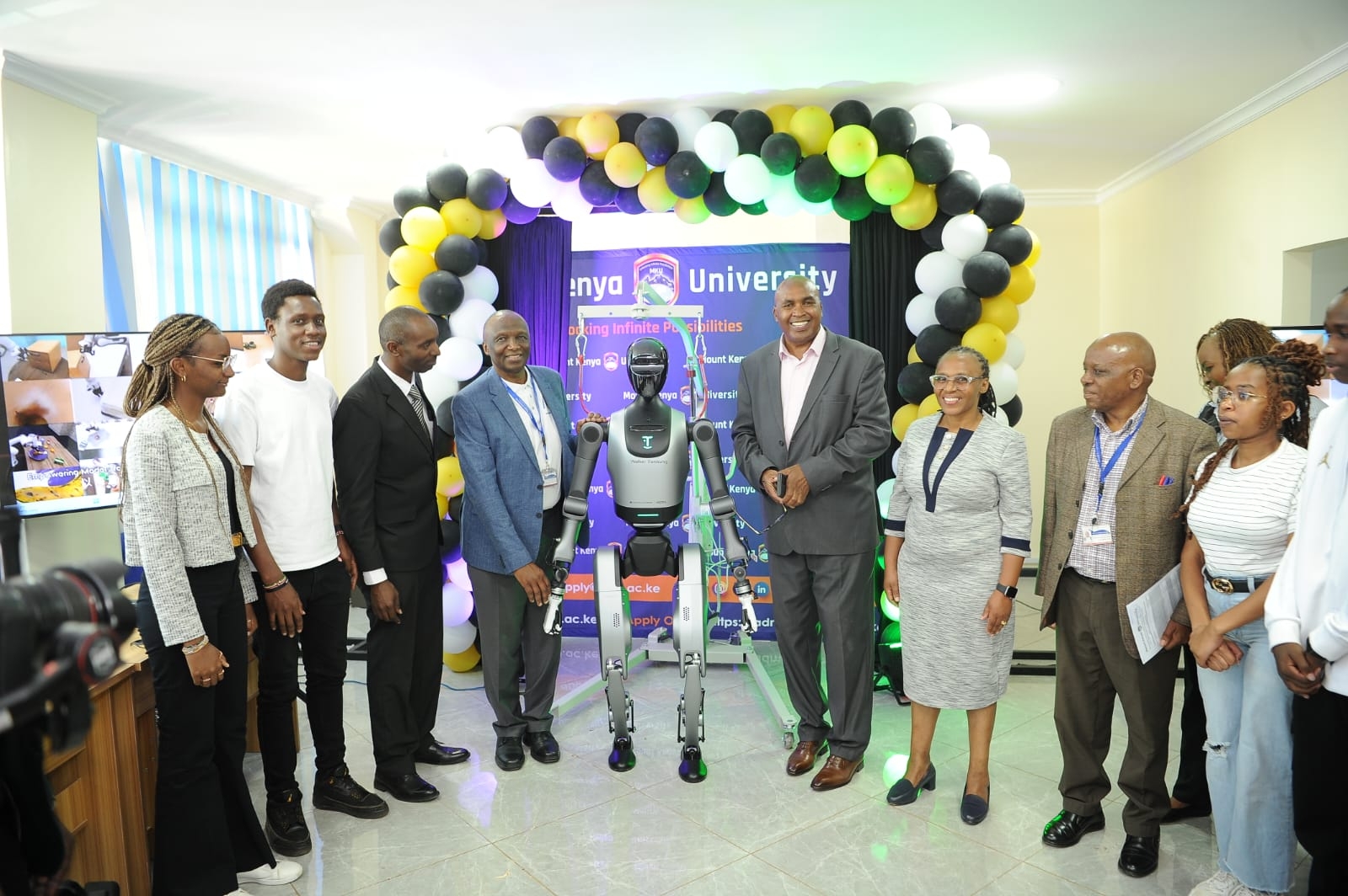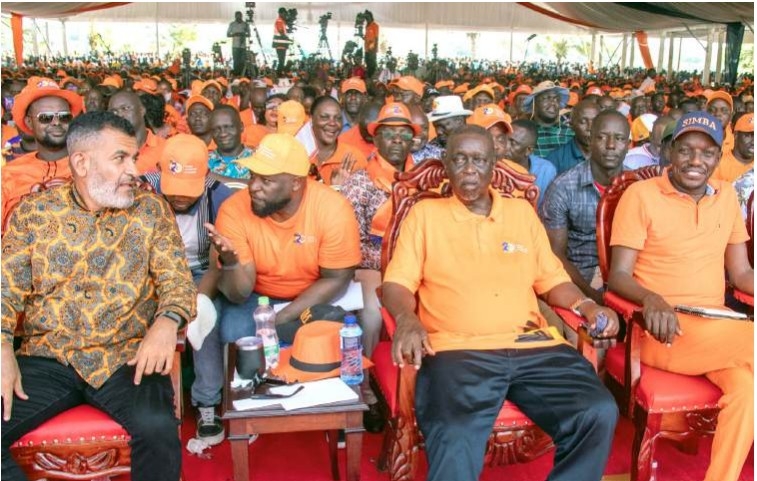Most Kenyans believe the ongoing protests will have a positive impact on public engagement going forward, policy revisions by the government and greater accountability, a survey by GeoPoll now indicates.
It will also lead to economic adjustments and positive growth onwards, even as negative impacts are expected in the short-term, such as economic disruption, political instability and harsh rebuttal from the government.
According to the survey by the Denver, US headquarters firm, with offices in Kenya, 62 per cent of respondents reported participating in the protests, with the highest involvement among the 25-34 age group.
Majority (89%) believe the protests which started on June 18, as Kenyans opposed the Finance Bill 2024, reflected a general dissatisfaction with the government.
About 87 per cent of respondents had expressed dissatisfaction with the Finance Bill 2024 with 71 per cent at the time believing the bill would have significantly increase their financial burden.
In response to the escalating situation, President William Ruto announced the withdrawal of the bill, on June 26, 2024,which was followed by other actions including sending home of his entire Cabinet.
Ruto also engaged a section of youths in an X-space to try and find a way forward.
Nevertheless, the Gen-Z led protests did not cease with the youth continuing to mobilise online and in the streets, driven by broader grievances such as unemployment, corruption, and the high cost of living.
“These ongoing demonstrations highlight the deep-seated discontent among Kenyans, particularly the younger generation, towards the current economic and political environment,” the report from the survey reads in part.
High cost of living, corruption, unemployment, poor governance, political distrust and government extravagance were the most cited reasons for the continued protests, even after the Finance Bill’s withdrawal.
74 per cent of respondents say the government does not adequately address youth issues, with 65 per cent saying the government doesn’t listen to their voices.
Asked about their three biggest issues of concern in the country, unemployment (89%), corruption (84%) and cost of living (82%) stood out, followed by healthcare (28%), education (24%) and security (18%).
“Unemployment, public participation, better, more affordable education, economic and anti-corruption measures stood out as the issues the youth need sorted immediately,” GeoPoll said in its report.
The high cost of living concern remains despite Kenya National Bureau of Statistics indicating inflation (the measure of the cost of living), dropped to a four year-low, having recorded at 4.6 per cent in June down from 5.1 per cent.
This was mainly on a drop in prices of select food commodities.
However, the transport index, housing and prices of some food commodities and utilities remained high, even as KNBS indicated that the rise in these indices did not affect overall inflation rate.
The transport index increased by 7.7 per cent, food and non-alcoholic beverages (5.6 per cent) and housing, water, electricity, gas and other fuels (3.1 per cent), between June 2023 and June 2024.
Meanwhile, there are high expectations for brands where majority of the respondents in the survey (85%) think it is important or very important for brands to engage in social causes, with the majority (67%) valuing corporate transparency.
Media coverage of the protests was lauded mostly as very good (47%) with television the most trusted source of information (79%) on the protests.
About 50 per cent and 38 per cent of respondents indicated they look to Twitter (X) and Tiktok respectively, for information about the protests (news), where most of the mobilising has been conducted.
Most respondents (60%) say media coverage has significantly influenced their views on the protests.
Meanwhile, the survey indicates that there is likely to be implications of the heightened youth participation, with 84 per cent expressing a strong intention to vote in upcoming elections.
This will be an improvement from the last election where 22 per cent said they did not vote, even though they had attained voting age.
Respondents emphasised the need for strict anti-corruption measures to ensure resources are directed towards meaningful use, including youth support.
The survey gathered responses from a diverse group of young Kenyans through interviews and digital platforms. Most respondents were aged 18-24 (62%), with a balanced representation of females (51%) and males (49%).
A majority held college degrees (66%), while 52 per cent were unemployed, and 20 per cent owned small businesses. Respondents were predominantly from urban (48%) and suburban (25%) areas.
GeoPoll is the world's largest mobile survey platform, with a network of 200 million users in Africa, Asia, and Latin America.













![[PHOTOS] Ole Ntutu’s son weds in stylish red-themed wedding](/_next/image?url=https%3A%2F%2Fcdn.radioafrica.digital%2Fimage%2F2025%2F11%2Ff0a5154e-67fd-4594-9d5d-6196bf96ed79.jpeg&w=3840&q=100)



